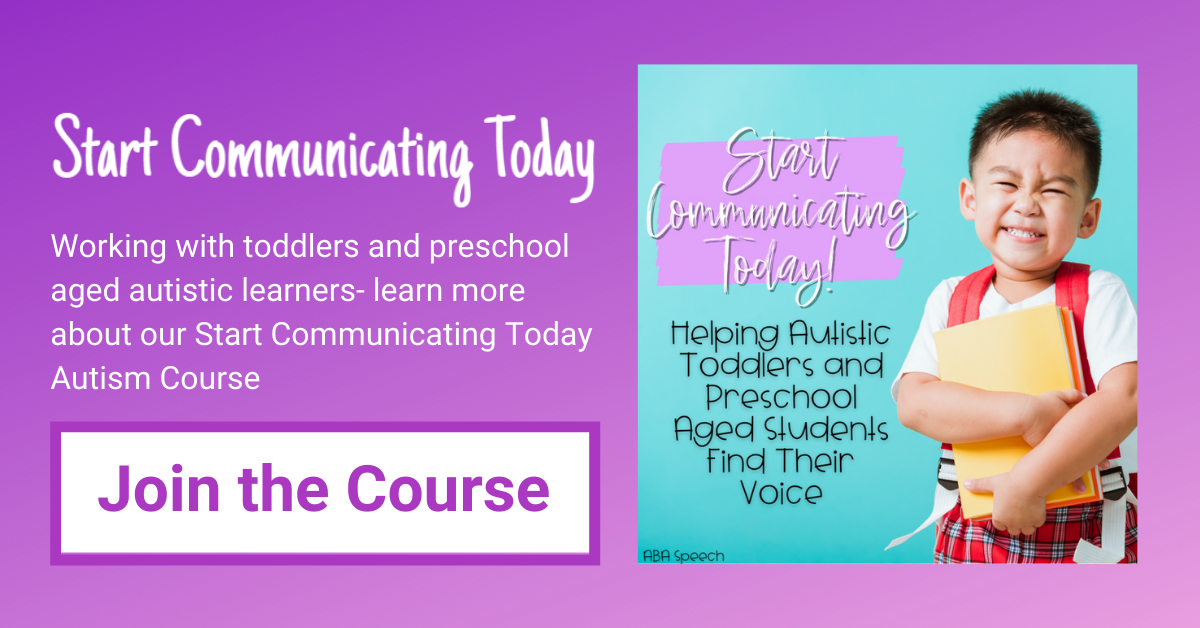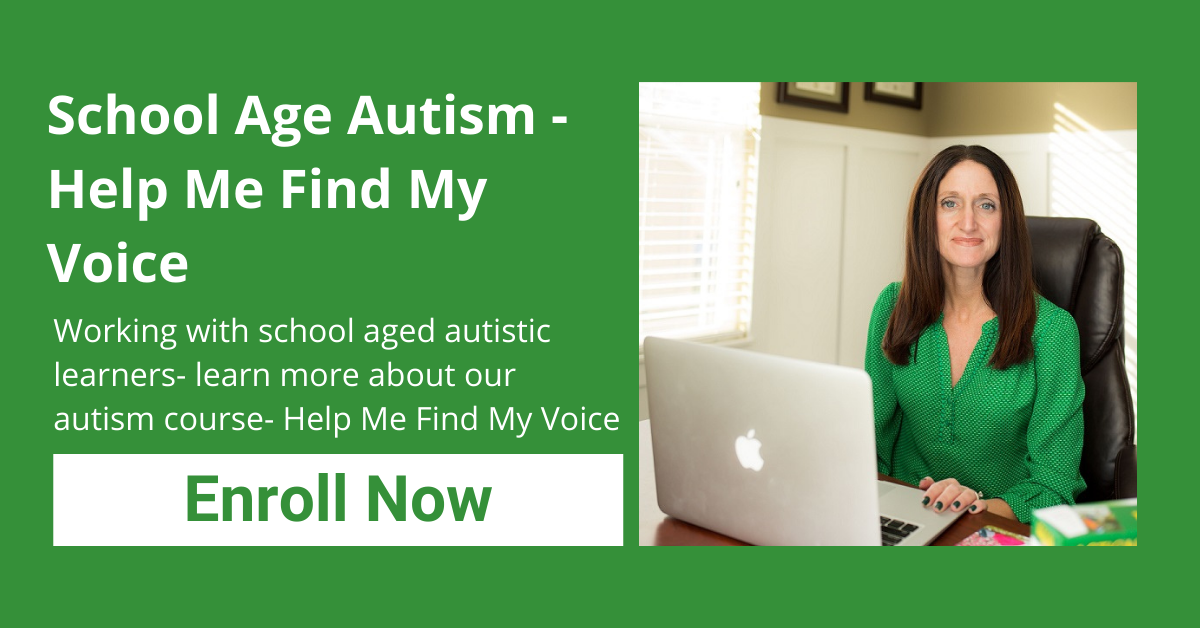“Well, I guess you better figure it out”....
Episode #066: A Discussion About Ableism and Neurodiversity with Haley Moss
https://www.youtube.com/watch?v=RlP7ziaqq3M
On today’s podcast, I had the opportunity to learn from Haley Moss. Haley is an author, lawyer, educator, speaker, and is also autistic. In this episode she shares her perspective on important issues in the autism and neurodivergent community, as we have a conversation surrounding inclusivity in therapy and society.
“Be yourself, but not like that”. It can be extremely exhausting for adults to keep up with behaviors that are seen as typical and don’t come naturally to them. Haley compares Neurodivergent social skills to being bilingual. It’s not that they don’t have social skills, they are just different and no matter what or how they try to make them “alike” neurotypical individuals it will always come out with an “autistic accent”. She emphasizes the importance of teaching the reason behind typical social skills as cultural needs versus them being “better” or “normal”. Everything someone does has a reason behind it and tying trust and understanding to that is really helpful.
What is Neurodiversity?
Neurodiversity is a difference in cognition in which everyone’s brain works differently. Nuerotypical brains operate in ways that may be expected in a “normal” manner. Neurodivergent is a scope of operation involving the brain in out of the box, outside of what would be “expected” ways to include autism, ADHD, mental health, intellectual disabilities, and acquired disabilities such as traumatic injury or illness.
What is Ableism?
Haley shares a definition from the Center for Disability Rights, “Ableism is a set of beliefs or practices that devalue and discriminate against people with physical, intellectual, or psychiatric disabilities and often rest on the assumption that people with disabilities need to be fixed in one way or another.” Ableism is much more prevalent in society than people realize, especially in the manner of accessibility and that neurodivergent individuals are not given seats at the table for key discussions.
Practicing Empathy in Your Therapy Sessions
- As professionals, we truly want to help people. One of my goals with this podcast is to help therapists and providers do better by knowing better. Haley shares some of her tips from a neurodivergent perspective on how to be empathic as a provider.
- Behavior happens for a reason. Behavior can mean so many things, it’s important to apply that by taking the whole person into account.
- Describe individuals’ specific high and low support needs. These can evolve overtime but when aware of these needs, individuals can advocate for themselves and other services can provide support where possible.
I learned so much during this chat with Haley. If you’d like to learn more or connect with her, you can find her on her website and all social media platforms.
Today’s Guest:
Diagnosed with autism at the age of three, Haley Moss’ parents were told that she might not ever finish high school or earn a driver’s license. Today she is a lawyer, neurodiversity expert, keynote speaker, educator, and the author of four books that guide neurodivergent individuals through professional and personal challenges. Haley is a consultant to top corporations and nonprofits that seek her guidance in creating a diverse workplace, and a sought-after commentator on disability rights and the Americans With Disabilities Act.
The first openly autistic lawyer in Florida, Haley’s books include “Great Minds Think Differently: Neurodiversity for Lawyers and Other Professionals” (ABA Book Publishing; June 2021), “The Young Autistic Adults Independence Handbook” (Jessica Kingsley Publishers; November 2021), “A Freshman Survival Guide for College Students With Autism Spectrum Disorders” (Jessica Kingsley Publishers; October 2014), and “Middle School — The Stuff Nobody Tells You About: A Teenage Girl With High-Functioning Autism Shares Her Experiences” (AAPC Publishing; March 2010) Her articles have appeared in outlets including the Washington Post, Teen Vogue, GQ, Bustle, Fast Company, Law 360 Pulse, and the ABA Journal.
Haley earned her law degree from the University of Miami School of Law with numerous honors. Admitted to the Florida Bar in 2019, she is the recipient of awards including the D-30 Disability Impact List (2021), Road Less Traveled Award from Ms. JD (2020), Outstanding Self-Advocate Award from University of Miami — Nova Southeastern University Center for Autism & Related Disabilities (2018), and Publix Self-Advocate of the Year from the Palm Beach County Special Needs Advisory Coalition (2018).
Haley lives in Miami, Florida and is a fan of YA fiction, Taylor Swift, drawing and painting, and video games.
What’s Inside:
- What is ableism?
- What is neurodivergent?
- How to be inclusive in your therapy practice.
- How to practice with empathy.
- What does true acceptance look like?
- Autism and social justice.
Mentioned In This Episode
Thank you to this episode’s sponsor, Mightier. We make video games that help kids build their emotional strength.
Learn how to #beMightier at www.mightier.com.
— @ABASpeechByRose
— Haley Moss
Rate, Review & Subscribe
If you found this podcast helpful, please consider rating and reviewing my show! This helps me to support support more people — just like you!
If you have not done so already, subscribe to the podcast. This ensures that you do not miss an episode!
Listen on
Apple Podcasts
Listen on
Stitcher
Subscribe
via Email
You Might Also Like…
Episode #185: Replay: The Power of Joint Attention
Enjoy this replay from episode 62. Joint attention is...
Episode #184: 5 Tips For Dealing With Contentious IEP Meetings
Conflict is part of what we do...

